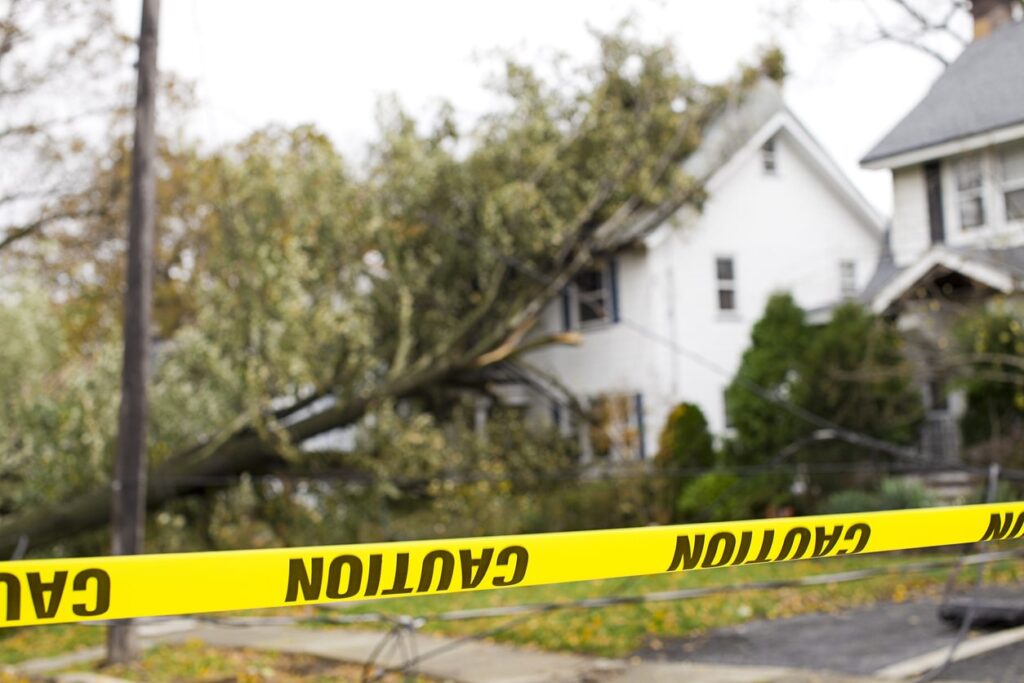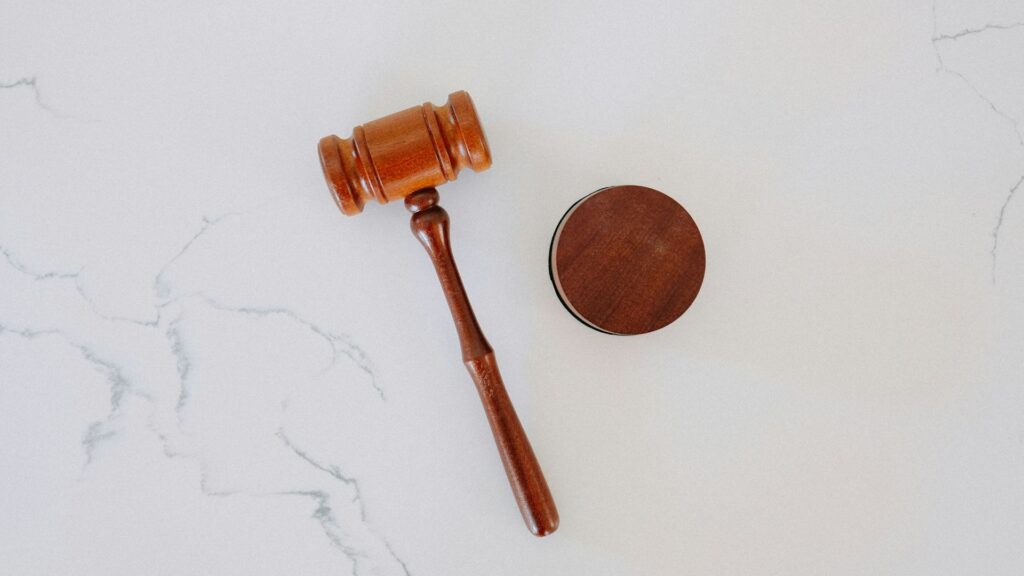Both a tropical storm and a hurricane are considered to be a type of tropical cyclone. Both weather events can bring with them thunderstorms and extreme force winds. Intensity is the main difference between a hurricane and a tropical storm. To be classified as a hurricane, a tropical cyclone must have sustained winds of 74 miles per hour.
In terms of insurance, damage caused by a tropical storm or a hurricane is both considered to be property damage. It really does not make a difference in the classification of the storm in terms of filing an insurance claim. However, it should be stated that some homeowners’ policies do not cover damage caused by hurricanes.
If you are uncertain as to what type of damage your insurance policy covers, call our law offices at 877-890-6372 and schedule a free initial consultation.
What Specific Types of Damages Can A Tropical Storm or Hurricane Cause?
Many of the damages and lasting effects of both tropical storms and hurricanes are the same. As stated previously, the main difference between the two is the level of intensity sustained during a hurricane is significantly higher than that of a tropical storm.
Some of the effects of both types of weather events include the following:
PRIMARY EFFECTS: Some of the most dangerous aspects of these types of storms include storm surges, heavy rainfall, and strong winds. Many buildings are destroyed or damaged, and individuals may be harmed or killed by flying debris.
There are also widespread power outages, and water supplies may also become contaminated. One particularly dangerous aspect of these fierce storms is the possibility of drowning due to rising floodwater, along with the risk of the water supply becoming contaminated.
SECONDARY EFFECTS: Secondary effects are the actual impacts on the community after the storm has passed. They can include people being left homeless along with pervasive unemployment due to businesses being damaged or destroyed. If the water supply remains contaminated, then there will be a lack of fresh drinking water and sanitation, which in turn can cause water-borne illnesses. Depending on the extent of the damage, roads could be blocked by fallen trees, powerlines, and other debris which will make it difficult for help to be rendered.
What Should I Ask My Insurance Adjuster About My Damage Claim?
When preparing to meet with your insurance adjuster after you have experienced damage from either a tropical storm or hurricane there are certain questions that you should be prepared to ask.
- What information and documentation do you need from me?
- What should I keep and/or send to you, the insurance adjuster, or the insurance company?
- What is the process for me to be reimbursed for storm-related expenses that I have already experienced?
- When may I begin to repair or replace my property?
- When will you provide a damage estimate?
- What is the name of the individual that I need to contact if I have questions or am required to submit additional information?
Being prepared to meet with your adjuster is just as important as taking the all-important steps to document any damage you have received. Do not be afraid to ask your insurance adjuster questions. If you have any other questions that relate to tropical storm or hurricane damage, call the law offices of Stormlex Law Group and schedule a time to speak with one of our knowledgeable attorneys who can assist you with preparing to file a claim.
Should I Hire an Attorney to Assist Me With Filing a Claim After a Tropical Storm or Hurricane?
The best time to hire an attorney after you have sustained property damage of any kind is immediately after the damage occurs. Having an attorney on your side from the beginning gives you an advantage with the insurance company. Most individuals who hire an attorney to help them with their claim are successful in recovering money for their damages. Call Stormlex Law Group at 877-890-6372 and schedule a free case review today.
















